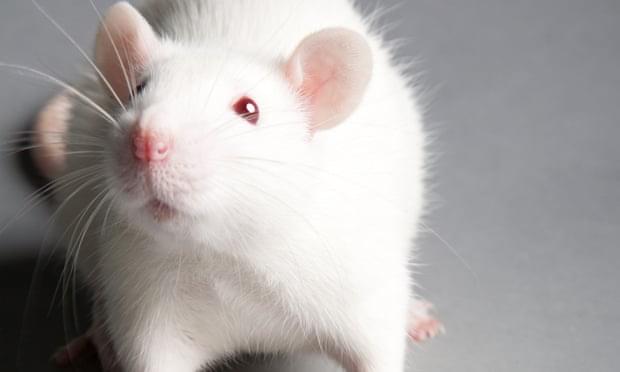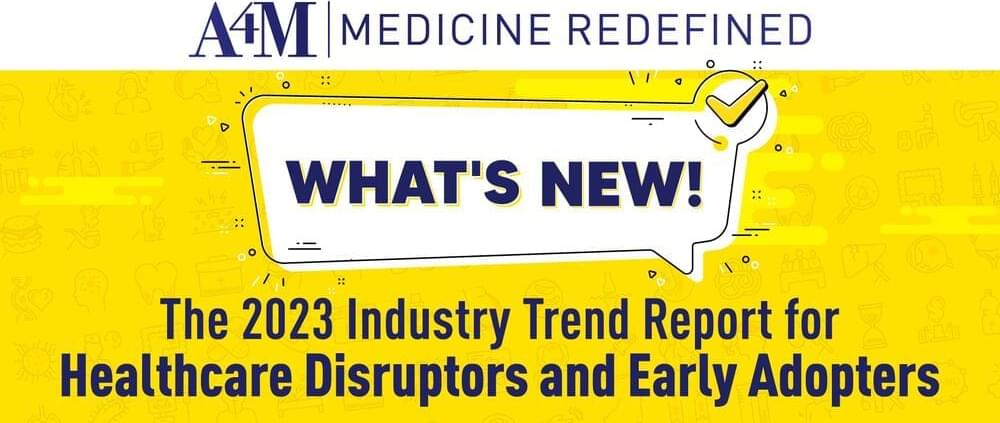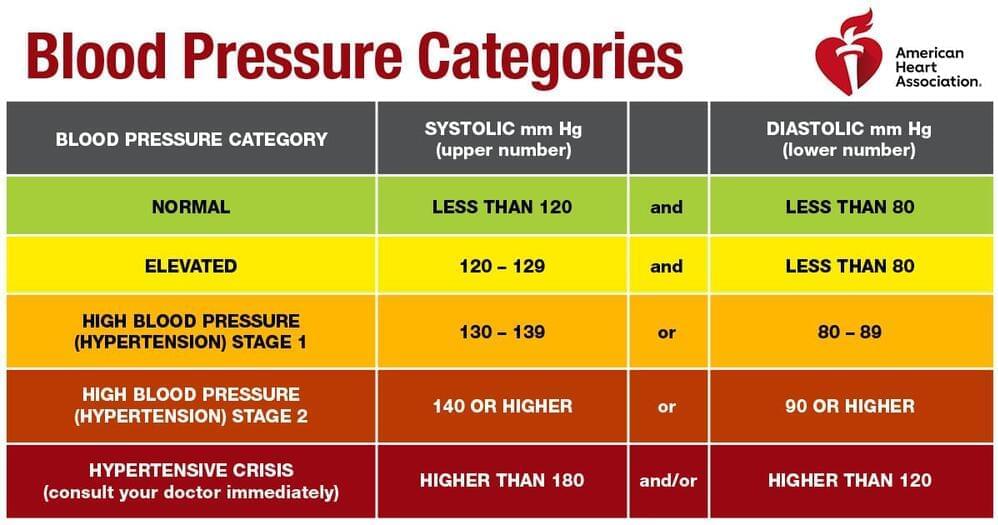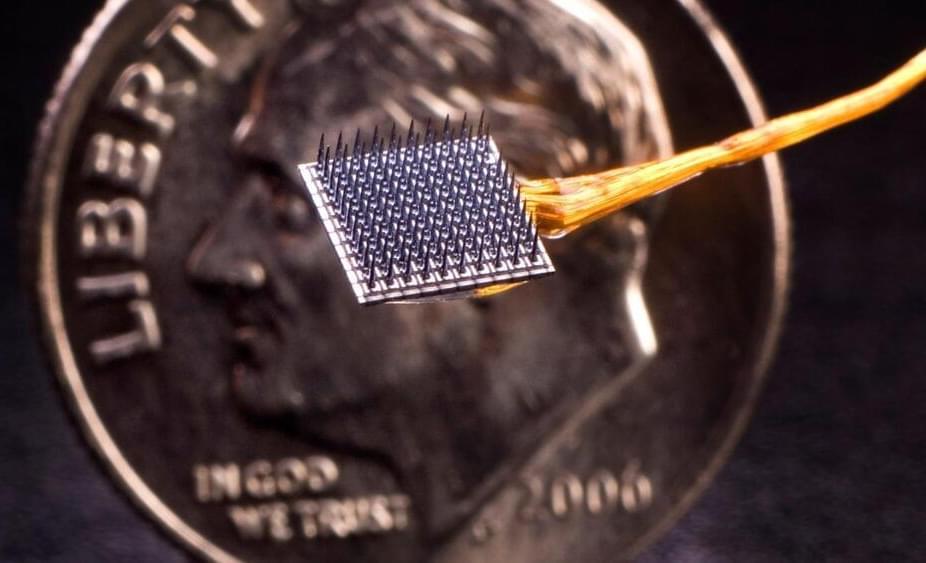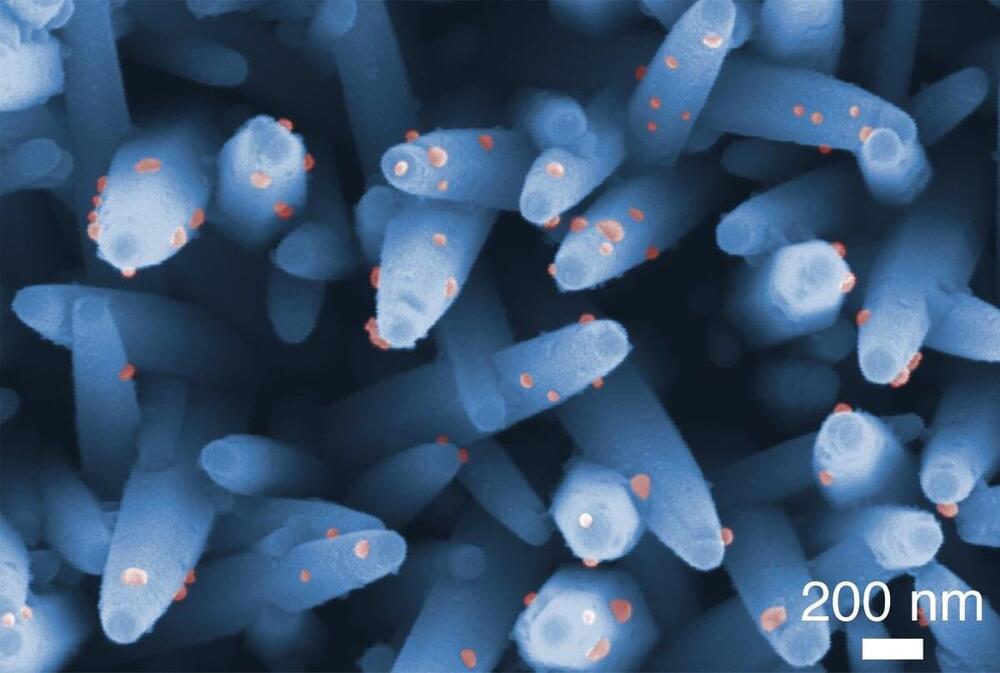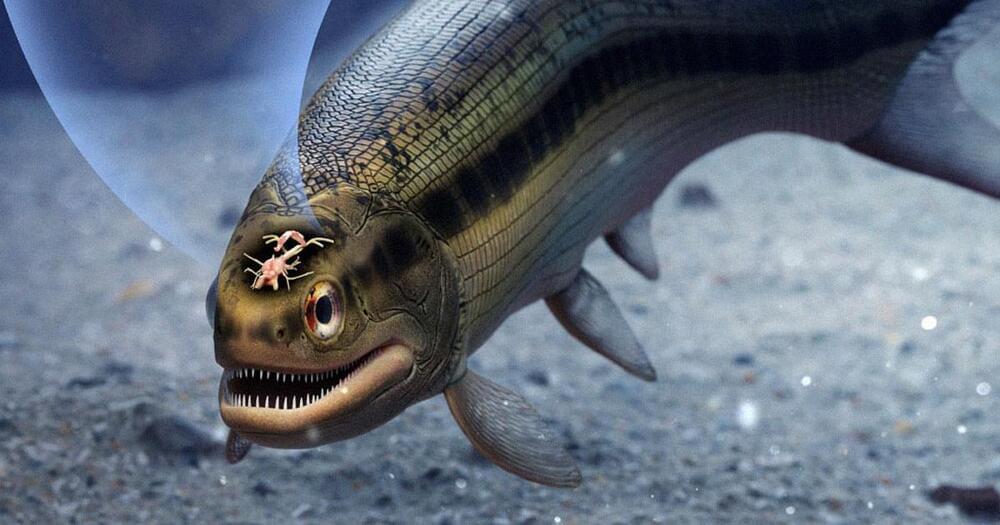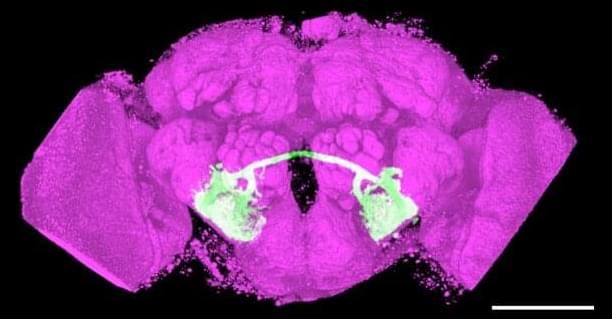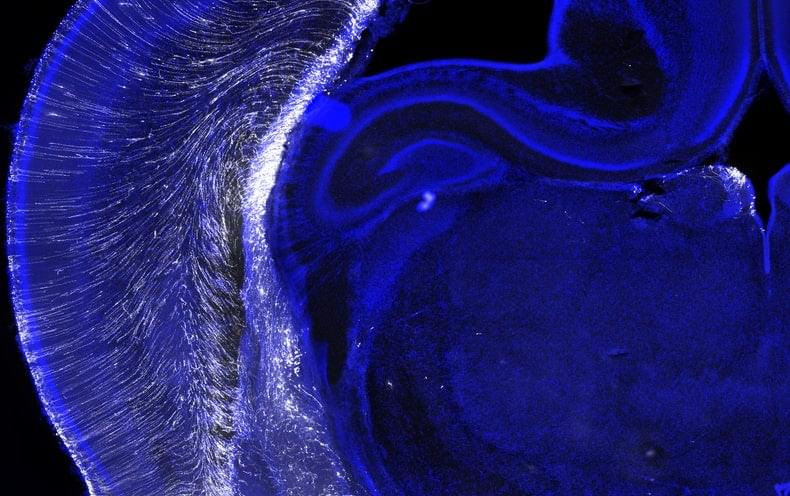𝐈𝐝𝐞𝐚𝐥 𝐛𝐥𝐨𝐨𝐝 𝐩𝐫𝐞𝐬𝐬𝐮𝐫𝐞 𝐦𝐚𝐲 𝐫𝐞𝐦𝐨𝐝𝐞𝐥 𝐛𝐫𝐚𝐢𝐧 𝐜𝐥𝐞𝐚𝐫𝐚𝐧𝐜𝐞 𝐩𝐚𝐭𝐡𝐰𝐚𝐲𝐬 𝐥𝐢𝐧𝐤𝐞𝐝 𝐭𝐨 𝐛𝐫𝐚𝐢𝐧 𝐡𝐞𝐚𝐥𝐭𝐡, 𝐝𝐞𝐦𝐞𝐧𝐭𝐢𝐚
𝘾𝙡𝙤𝙨𝙚 𝙧𝙚𝙫𝙞𝙚𝙬 𝙤𝙛 𝙈𝙍𝙄 𝙨𝙘𝙖𝙣𝙨 𝙛𝙤𝙪𝙣𝙙 𝙢𝙤𝙧𝙚 𝙞𝙣𝙩𝙚𝙣𝙨𝙞𝙫𝙚 𝙝𝙞𝙜𝙝 𝙗𝙡𝙤𝙤𝙙 𝙥𝙧𝙚𝙨𝙨𝙪𝙧𝙚 𝙩𝙧𝙚𝙖𝙩𝙢𝙚𝙣𝙩 (𝙩𝙖𝙧𝙜𝙚𝙩𝙚𝙙 𝙩𝙤 𝙖𝙘𝙝𝙞𝙚𝙫𝙚 𝙖 𝙨𝙮𝙨𝙩𝙤𝙡𝙞𝙘 𝙥𝙧𝙚𝙨𝙨𝙪𝙧𝙚 𝙡𝙚𝙨𝙨 𝙩𝙝𝙖𝙣 120 𝙢𝙢 𝙃𝙜) 𝙬𝙖𝙨 𝙢𝙤𝙧𝙚 𝙚𝙛𝙛𝙚𝙘𝙩𝙞𝙫𝙚 𝙩𝙝𝙖𝙣 𝙖 𝙡𝙚𝙨𝙨-𝙞𝙣𝙩𝙚𝙣𝙨𝙚 𝙩𝙧𝙚𝙖𝙩𝙢𝙚𝙣𝙩 𝙜𝙤𝙖𝙡 𝙤𝙛 140 𝙢𝙢 𝙃𝙜 𝙨𝙮𝙨𝙩𝙤𝙡𝙞𝙘 𝙞𝙣 𝙖𝙘𝙝𝙞𝙚𝙫𝙞𝙣𝙜 𝙖 𝙥𝙤𝙨𝙞𝙩𝙞𝙫𝙚 𝙨𝙩𝙧𝙪𝙘𝙩𝙪𝙧𝙖𝙡 𝙘𝙝𝙖𝙣𝙜𝙚 𝙞𝙣 𝙩𝙝𝙚 𝙗𝙧𝙖𝙞𝙣’𝙨 𝙥𝙚𝙧𝙞𝙫𝙖𝙨𝙘𝙪𝙡𝙖𝙧 𝙨𝙥𝙖𝙘𝙚𝙨: 𝙥𝙖𝙩𝙝𝙬𝙖𝙮𝙨 𝙩𝙝𝙖𝙩 𝙖𝙧𝙚 𝙞𝙢𝙥𝙤𝙧𝙩𝙖𝙣𝙩 𝙩𝙤 𝙘𝙡𝙚𝙖𝙧𝙞𝙣𝙜 𝙩𝙤𝙭𝙞𝙣𝙨 𝙖𝙣𝙙 𝙤𝙩𝙝𝙚𝙧 𝙗𝙮𝙥𝙧𝙤𝙙𝙪𝙘𝙩𝙨.
𝙄𝙛 𝙩𝙝𝙚 𝙗𝙧𝙖𝙞𝙣 𝙘𝙖𝙣𝙣𝙤𝙩 𝙥𝙧𝙤𝙥𝙚𝙧𝙡𝙮 𝙘𝙡𝙚𝙖𝙧 𝙢𝙚𝙩𝙖𝙗𝙤𝙡𝙞𝙘 𝙗𝙮𝙥𝙧𝙤𝙙𝙪𝙘𝙩𝙨, 𝙩𝙝𝙚𝙮 𝙖𝙘𝙘𝙪𝙢𝙪𝙡𝙖𝙩𝙚 𝙖𝙣𝙙 𝙢𝙖𝙮 𝙘𝙤𝙣𝙩𝙧𝙞𝙗𝙪𝙩𝙚 𝙩𝙤 𝙩𝙝𝙚 𝙙𝙚𝙫𝙚𝙡𝙤𝙥𝙢𝙚𝙣𝙩 𝙤𝙛 𝙙𝙚𝙢𝙚𝙣𝙩𝙞𝙖, 𝙧𝙚𝙨𝙚𝙖𝙧𝙘𝙝𝙚𝙧𝙨 𝙨𝙖𝙞𝙙.
Embargoed until 4 a.m. CT/5 a.m. ET, Thursday, Feb. 2, 2023
(NewMediaWire) — February 2, 2023 — DALLAS Among people who received more intensive treatment for high blood pressure, evaluations of MRI scans indicated a positive change in brain structures involved in its ability to clear toxins and other byproducts, according to preliminary research to be presented at the American Stroke Association’s International Stroke Conference 2023. The meeting, held in person in Dallas and virtually, Feb. 8–10, 2023, is a world premier meeting for researchers and clinicians dedicated to the science of stroke and brain health.
The study is the first to examine whether intensive blood pressure treatment may slow, or reverse structural changes related to the volume of the brain’s perivascular spaces, areas of the brain around the blood vessels that are involved in the clearance of toxins and other byproducts. These areas tend to enlarge as people get older or have more cardiovascular risk factors.
